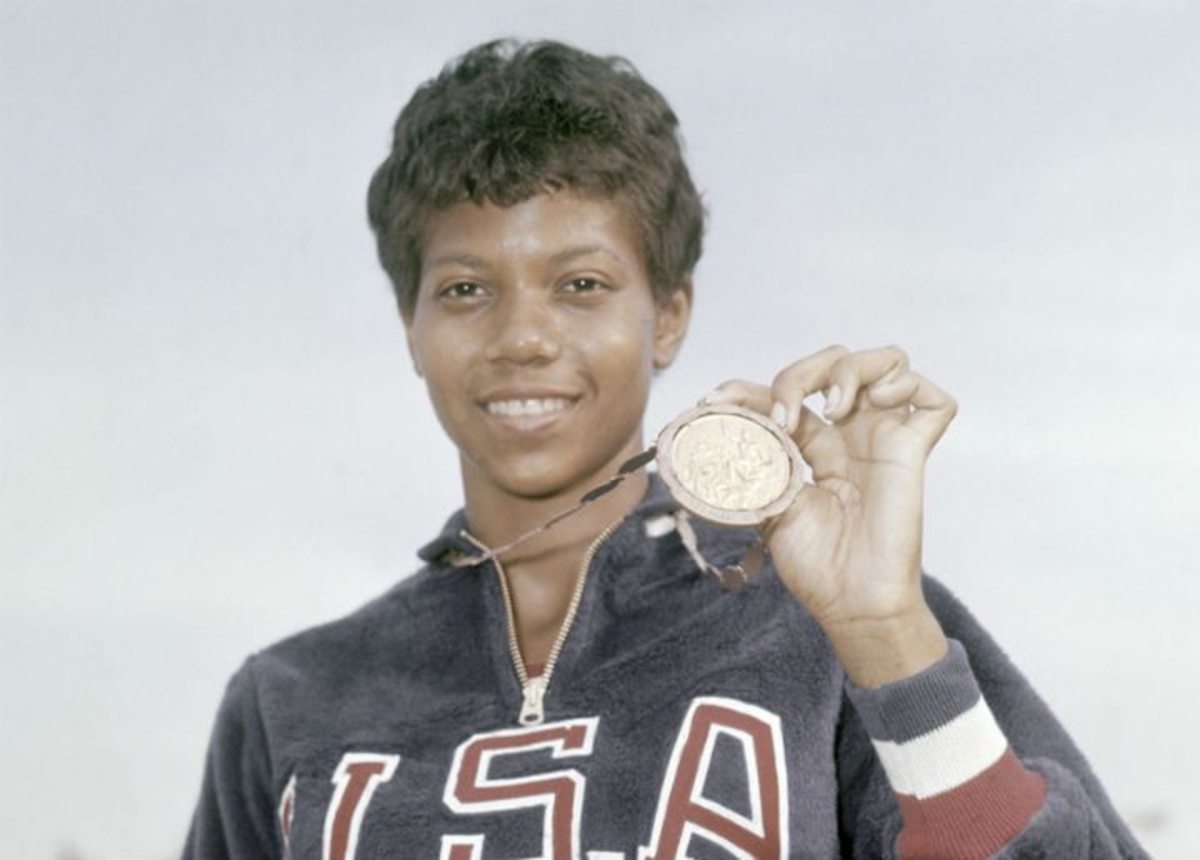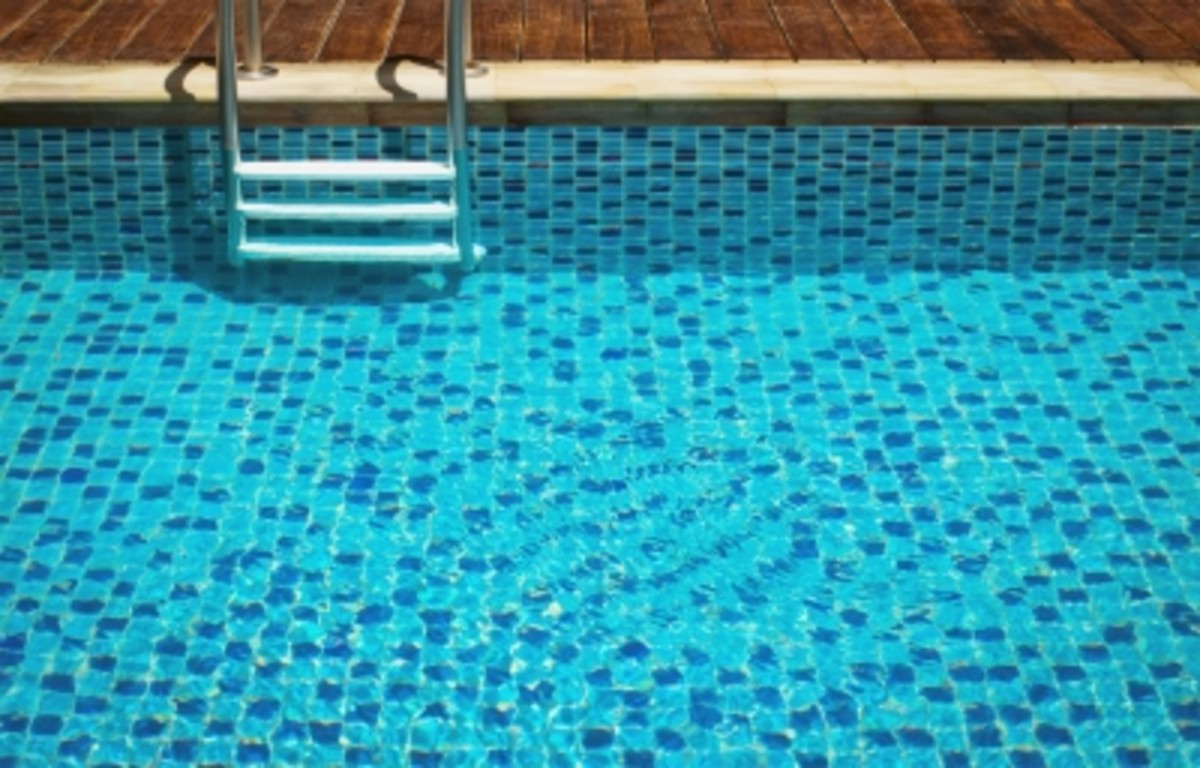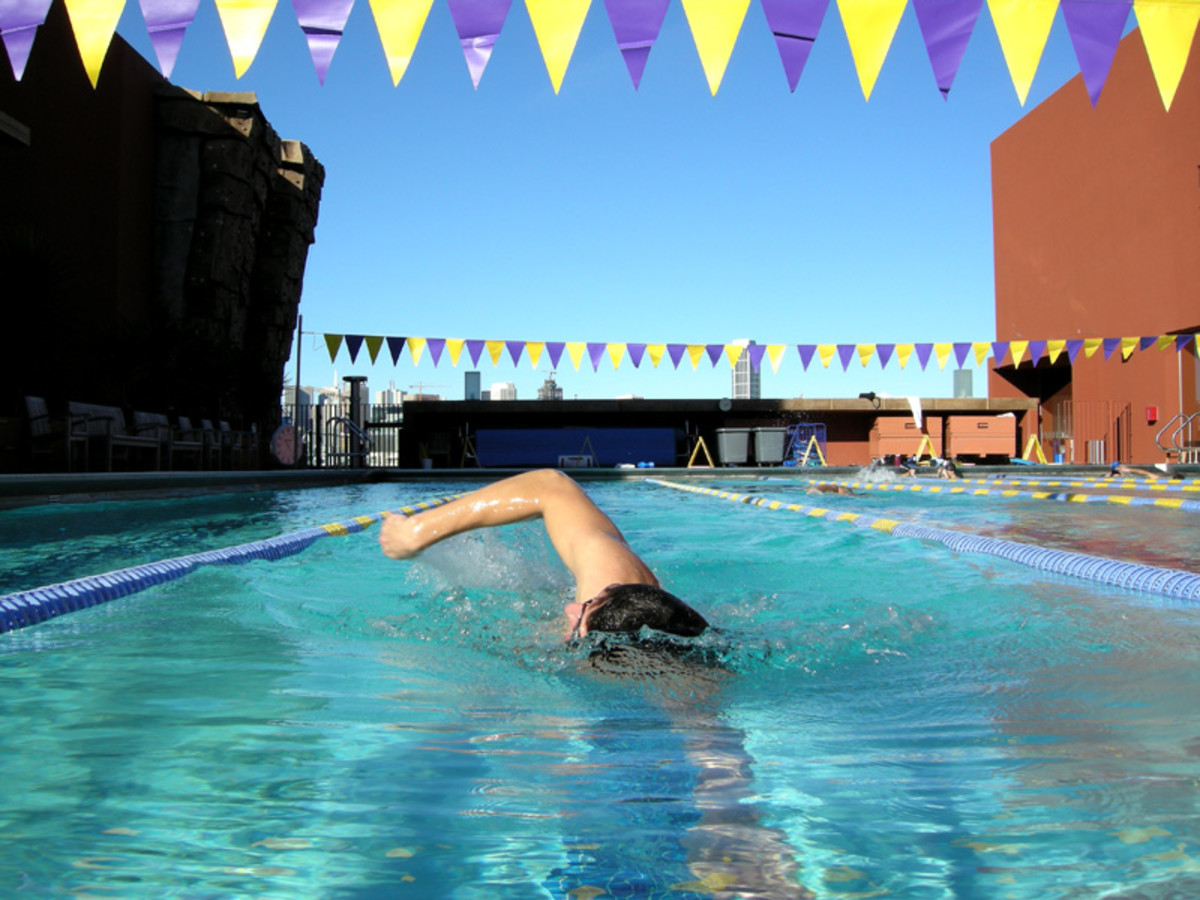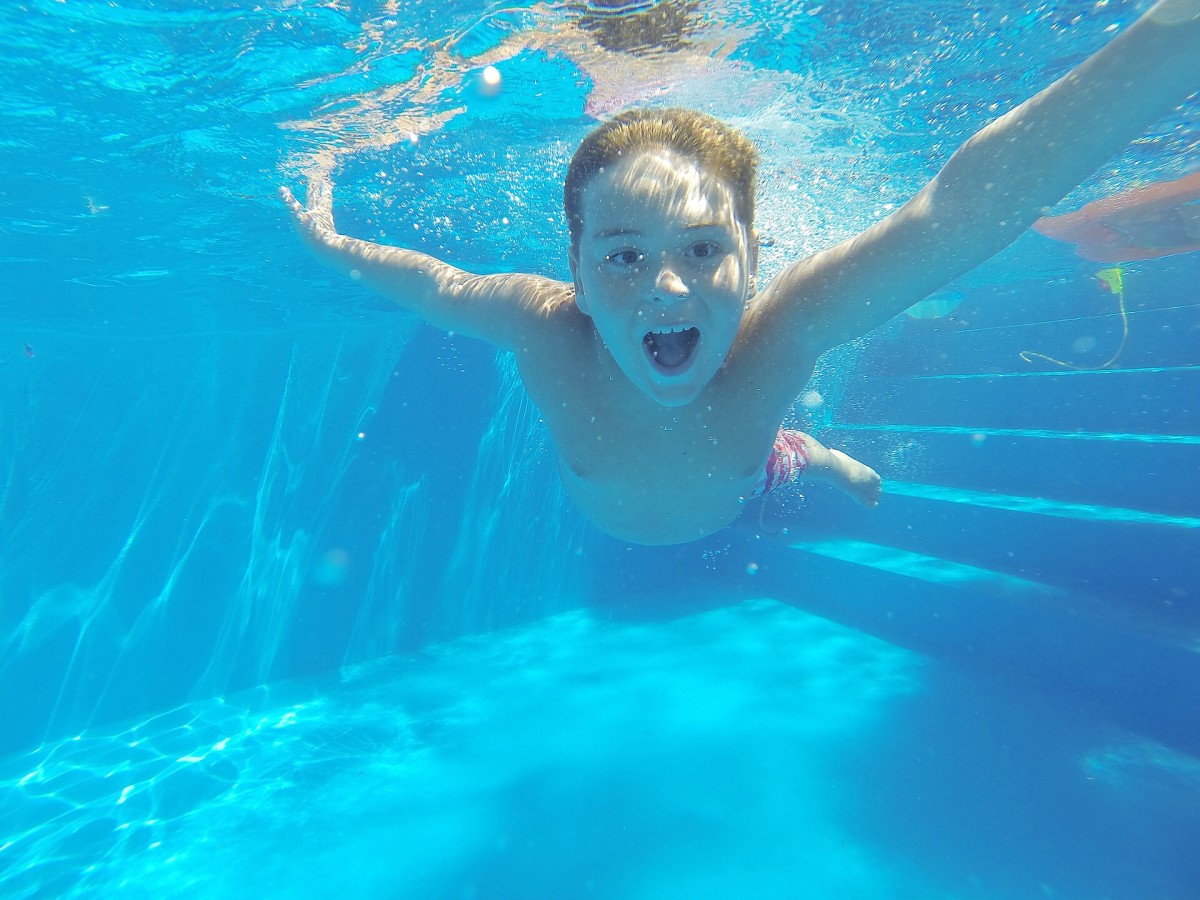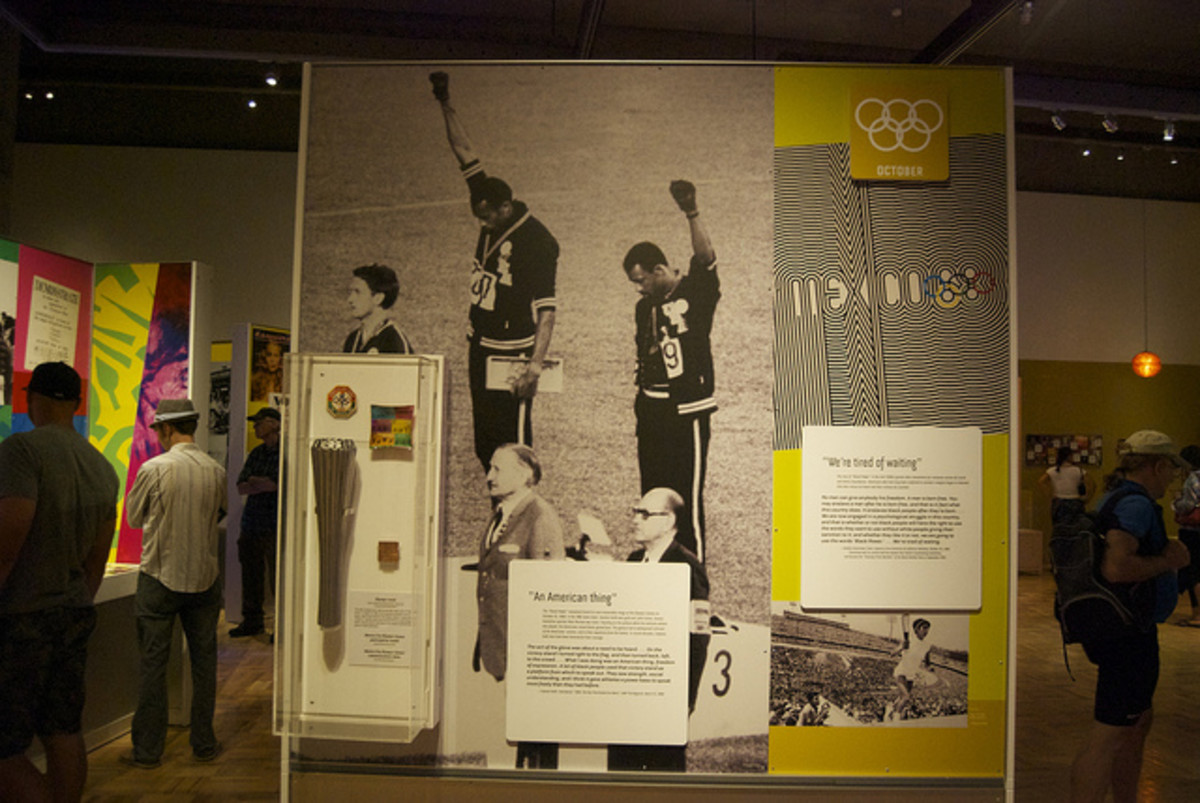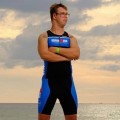Michael Phelps: Turning ADHD into a Golden Legacy
Michael Phelps is the world record holder for the number of victories at the Olympic Games! The swimmer has 28 medals, 23 of which are gold. But one of the reas
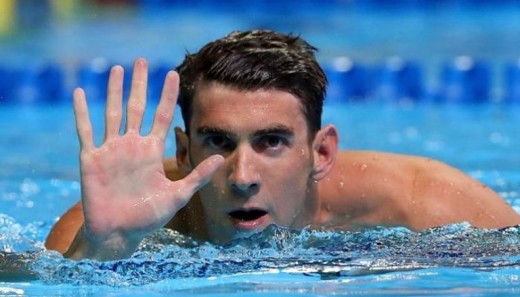
Describing himself as a child in his book, NoLimits: The Will to Succeed, Phelps paints a less than rosy picture: “I had big ears. I was skinny. I got picked on a lot.” And in his previous book, Beneath the Surface: My Story, he writes that he spoke too fast and didn’t look people in the eye when they spoke to him.
Phelps's attention problems began in kindergarten. One day, a teacher told his mother, who also worked with children, "Your son will never be able to concentrate on anything."
Phelps was a fidget who liked to attract attention to himself in any way possible . In science class, he turned on all the gas burners to annoy his classmates. He also asked to perform as a juggler in the school talent show, knowing full well that he could not juggle.
"I just couldn't sit still and had a hard time focusing on anything," Phelps recalls in his book, Beneath the Surface. "I had to be the center of attention all the time."
But the boy's family life was not all sunshine and roses either. When Michael was 7, his parents divorced. He says, "When I realized my father would be away for a long time, I needed something to distract me and keep me occupied."
Introduction to swimming and discovering your potential
His two older sisters swam at the local aquatic club, and his mother decided he should give it a try.
"It was like the first day I got in the water, I turned into a dolphin. I didn't want to get out of the pool," he writes in his book, "Beneath the Surface." "No way. I was furious when they pulled me out of the water. I was screaming, kicking, throwing my glasses, I was just burning with rage."
Phelps found his comfort zone: “Once I figured out how to swim, I felt so free.” He recalls: “I found I could swim fast, partly because being in the pool slowed my mind. In the water, for the first time, I felt in control of my body and thoughts.”
The boy himself wasn't the only one who appreciated his newfound passion. "My mom liked me swimming because she wanted me to get as much energy out of myself as possible," Phelps says. "She didn't mind the long drives to practice and compete."
Phelps was diagnosed with ADHD in sixth grade. Unable to sit through class, he would swim for three hours in the pool after school.
By age 10, Phelps had become a nationally ranked swimmer. At age 11, he met famed swimming coach Bob Bowman. Bowman was an authority figure, and he wasn't afraid to push Phelps to the point of exhaustion.
“Bowman and I were not a good match. I was the goofball, and he was the taskmaster,” Phelps recalls. They feuded. But Bowman saw in Phelps the potential to be a winner. “Bob was very open about my talents, my attitude, my inability to focus, my moments of indifference and determination. He also said I had a real opportunity that other kids didn’t have.”
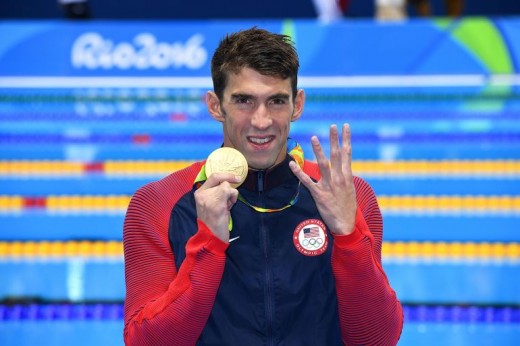
Gold Invasion
Phelps has exceeded all expectations of Bowman and his family. He competed in the 2000 Olympics at the age of 15 and has won medals in every Summer Olympics since then. Phelps has stated several times that he is ready to retire from swimming, but he continues to return to the water.
In addition to swimming, Michael Phelps promotes water safety and healthy living among youth through sports programs. The Michael Phelps Foundation has introduced more than 15,000 children to swimming through the Boys & Girls Clubs of America and Special Olympics.
For Phelps, the pool was his everything. It was a sanctuary, an outlet, and a place where his strength and passion bred his greatness. Now, through his foundation, Phelps hopes the pool can become "that place" for thousands of children with ADHD and learning disabilities.
Training style
It's no secret that Phelps trained hard. You have to if you want to be the greatest swimmer in the world! During his most intense training period, Phelps swam about 80,000 meters a week, which is a whopping 80 kilometers!
He swam twice a day, sometimes more. The lion's share of his time was devoted to simple exercises - underwater kicks, vertical kicks and strokes. Even the best of the best must work on the basics every day!
Training outside the pool was also an important part of Phelps’ daily routine. He hit the gym for strength training at least 3 times a week. Overall, he spent 5-6 hours a day, 6 days a week training. Training was a full-time job!
In addition to training, sleep and recovery were a critical part of Phelps' preparation. Not getting enough rest could affect his performance and lead to injuries. According to Phelps, he slept at least 8 hours a night, and napped for 2-3 hours during the day.
Champion's Diet
When you train as much as Phelps did, you inevitably get hungry. And Phelps was a food-eating machine.
There were rumors that he ate up to 12,000 calories a day, but Phelps himself dispelled this myth. In fact, he ate between 8,000 and 10,000 calories a day to fuel his 30 hours of training a week.
In one interview, he said that dieting was work for him. Important work.
What did Phelps's diet look like? According to a 2012 interview with Men's Health, Phelps ate a large ham and cheese omelet, a large bowl of oatmeal, fruit, and coffee for breakfast. Lunch often consisted of hearty meatballs. Phelps' dinner consisted of lean meats, whole grains, and lots of vegetables.
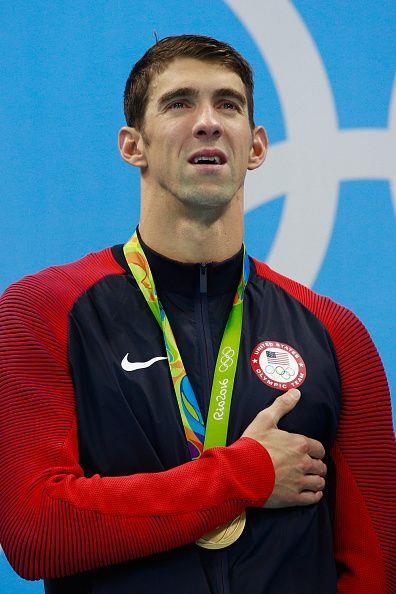
Incredible persistence and hard work
But beyond the intense training and crazy diet, there was also the mental aspect of training that Phelps excelled at - being disciplined and focused on his goals.
His hard work, dedication and determination, coupled with his natural talent, allowed him to rise to the top of the Olympic Games 5 times in a row. He knew that to achieve great results, he had to keep working hard.
Bob Bowman described Phelps as a "loner" with "incredible focus" in the pool, but a caring, kind-hearted, and passionate person in his personal life. This immense internal motivation set Phelps apart from others.
He trained on his birthday and even on Christmas. He learned to see failures as opportunities, and the backbiting of competitors fueled his desire to win.
Structured goal setting also helped Phelps achieve such high results. He wrote his goals down on paper and referred to them after training at the end of the day, or when he needed extra motivation.
© 2025 Liam Lucas

